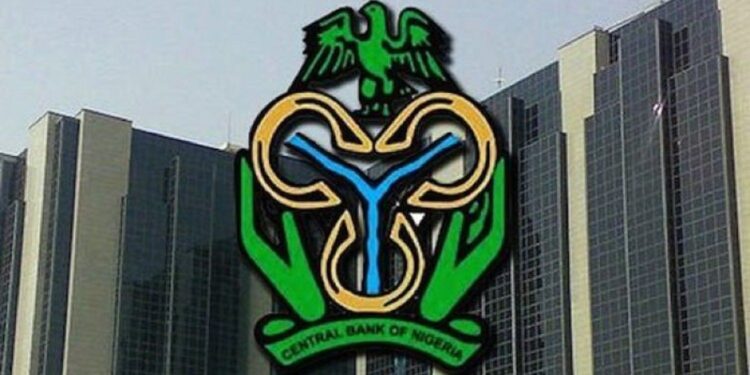The Central Bank of Nigeria (CBN) has announced plans for a significant restructuring in its operations, aiming to transfer approximately N5.5 trillion in development finance activities to a combination of private banks and Development Finance Institutions (DFIs).
Aligned with Recommendations
This strategic move comes in alignment with recommendations from the International Monetary Fund (IMF), emphasizing the need for Nigeria to streamline its economic policies and prioritize core central banking functions. The restructuring entails a gradual withdrawal of direct involvement by the CBN in development financing, historically focused on sectors such as agriculture and small and medium-sized enterprises (SMEs).
New Responsibilities
Under the revised strategy, DFIs, jointly owned by the Ministry of Finance (MoF) and the CBN, along with private financial institutions, will assume responsibility for these development finance activities. This shift reflects a concerted effort to enhance efficiency and effectiveness in economic policy implementation.
IMF Support
The IMF has expressed support for this transition, emphasizing its potential to enable the CBN to concentrate more on its primary mandates of ensuring monetary stability and effective regulation. Furthermore, the IMF has recommended that concessional lending should be limited to areas demonstrating clear market failures.
Managing Transition
An orderly transfer of the N5.5 trillion development finance portfolio is deemed crucial to preventing disruptions in credit flows to vital sectors like agriculture and SMEs. The IMF stresses the importance of ensuring that undercapitalized financial institutions are ineligible to absorb the CBN’s portfolio.
Addressing Overdue Loans
In addition to restructuring, the CBN is intensifying efforts to recover overdue loans from its development finance interventions. This initiative is part of a broader strategy aimed at curbing inflation and effectively managing credit growth in the economy. As the CBN refocuses on standard monetary policy instruments and scales back quasi-fiscal operations, it is also committed to aggressive loan recovery measures.
Looking Ahead
The CBN’s decision to transition development finance activities to DFIs and private banks underscores a concerted effort to enhance the efficiency and effectiveness of economic policy implementation in Nigeria. As the transition unfolds, stakeholders will closely monitor the process to ensure minimal disruption to credit flows and sustained support for key sectors driving economic growth and development.









